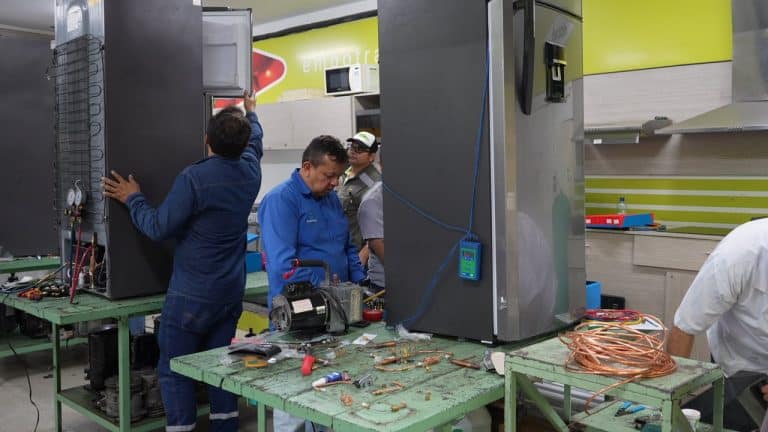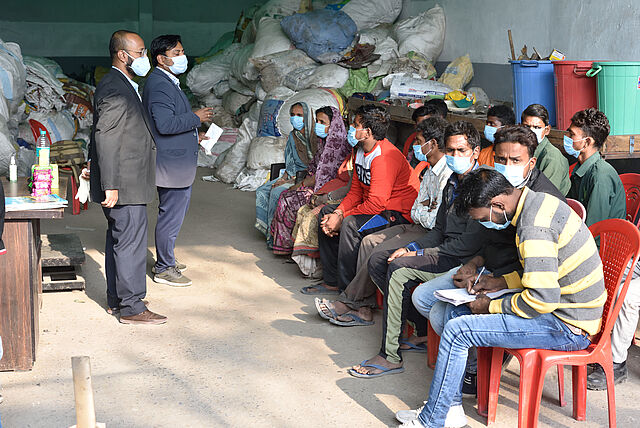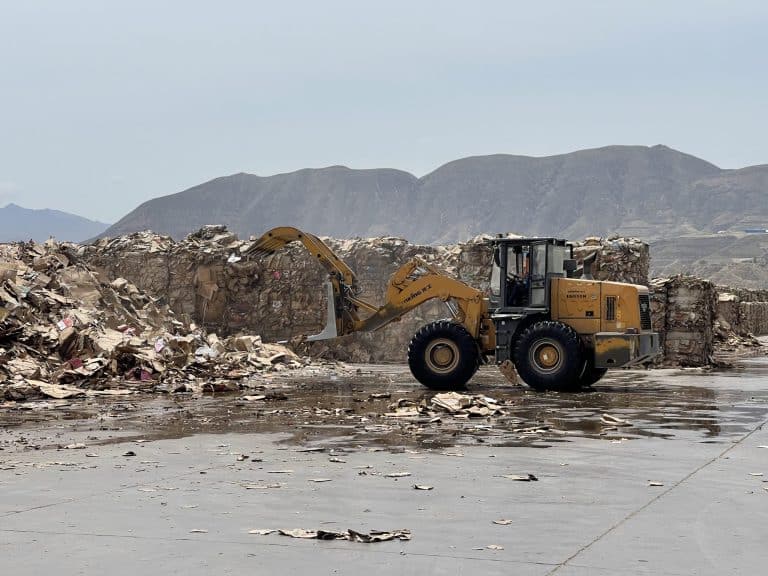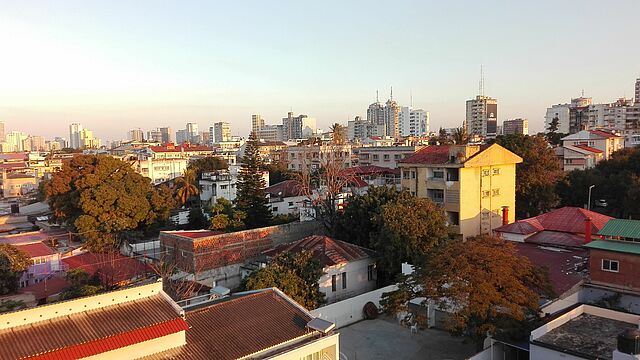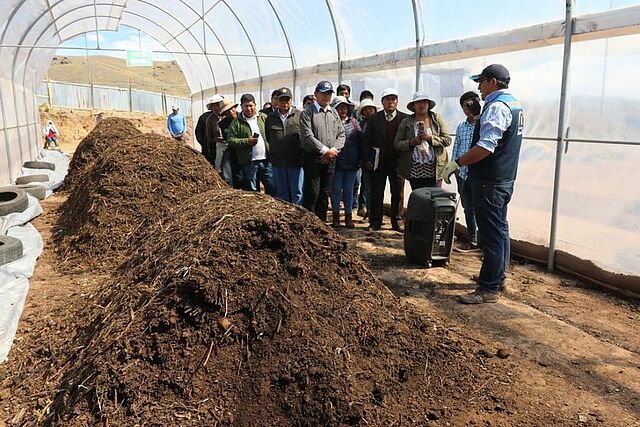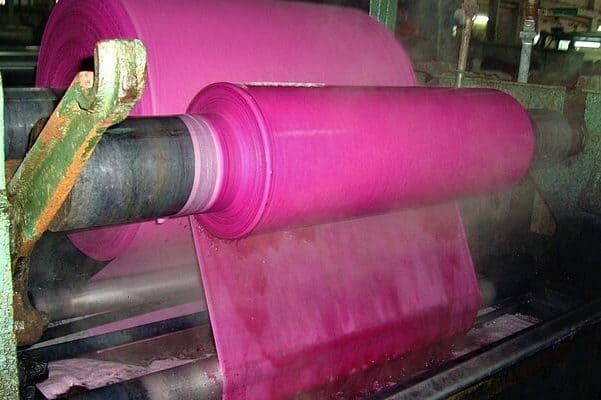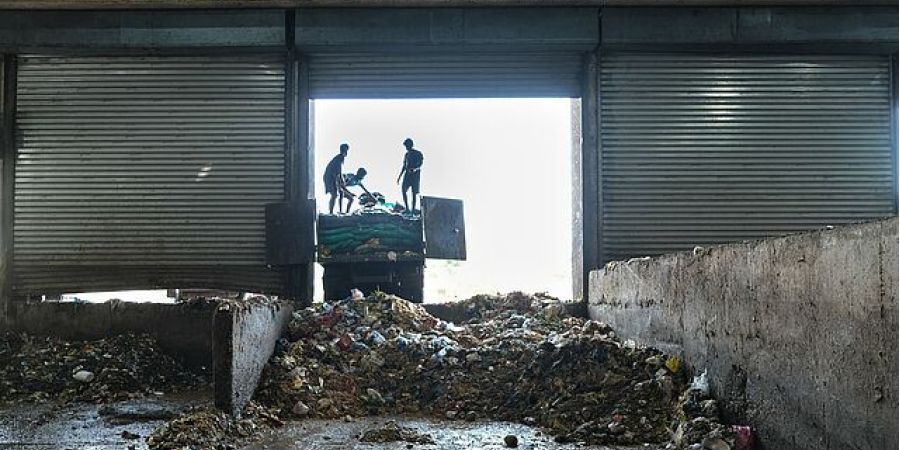
Background: Today, a third of India’s 1.2 billion people live in urban areas. Together, they generate approximately 62 million tonnes of municipal solid waste (MSW) annually. This amount is expected to reach 165 million tonnes per year by 2030. As a result, the already-massive annual greenhouse gas (GHG) emissions from MSW are expected to double totalling at 41 million tonnes CO2e by 2030.
Until now, most MSW is disposed of at landfills or unmanaged dumpsites, which not only causes greenhouse gas emissions and other environmental, social and economic problems, but also disturbs operations of existing composting facilities, Material Recovery Facilities (MRFs), biomethanation and refuse-derived fuel (RDF) plants. The barriers in the sector include an absent waste segregation-at-source, deficient management capacities, a lack of data regarding waste composition as well as insufficient financing and enforcement of existing regulations and policies.
Approach to Transformational Change: The project, “India – Waste Solutions for a Circular Economy” aims to achieve a low-carbon transformation of the Indian waste sector by scaling up and de-risking investments and strengthening the regulatory framework, thus ensuring uptake of the Reduce, Reuse, Recycle concept and leveraging the strengths of the informal recycling sector. In addition, the project facilitates the implementation of extended producer responsibility (EPR) through platforms for the coordinated engagement of various stakeholders.
The project is implemented in five model cities: Bengaluru, Patna, Tiruchirappalli, Varanasi and Goa (state), and potentially two additional cities creating model Source Segregation Systems for MSW, setting up semi-mechanized MRFs and upscaling existing recycling facilities. Organic waste treatment is planned to be addressed too either through constructing new plants or by updating the existing composting facilities.
The project consists of two financial mechanisms – a Grant Funding Mechanism (GFM) and a Risk Sharing Facility (RSF). The purpose of GFM and RSF is to increase availability of capital for capital investments (CAPEX) and working capital (OPEX) requirements of large and/or small waste management companies. The RSF will provide partial loan guarantees for MSWM projects reducing collateral requirement and increasing confidence of financial institutions in lending to MSWM projects. GFM in turn will help to address the need in a viability gap funding for MSWM projects in India. Grants are to be disbursed annually being capped at 30% of the CAPEX or INR 63 per tonne of waste processed.
Mitigation potential: The project is expected to lead to direct GHG emission reductions of more than 1 million tons CO2e during the project implementation reaching cumulatively about 7 million tons CO2e ten years after the end of the project.
Visit the project’s Twitter account to learn more about it.

